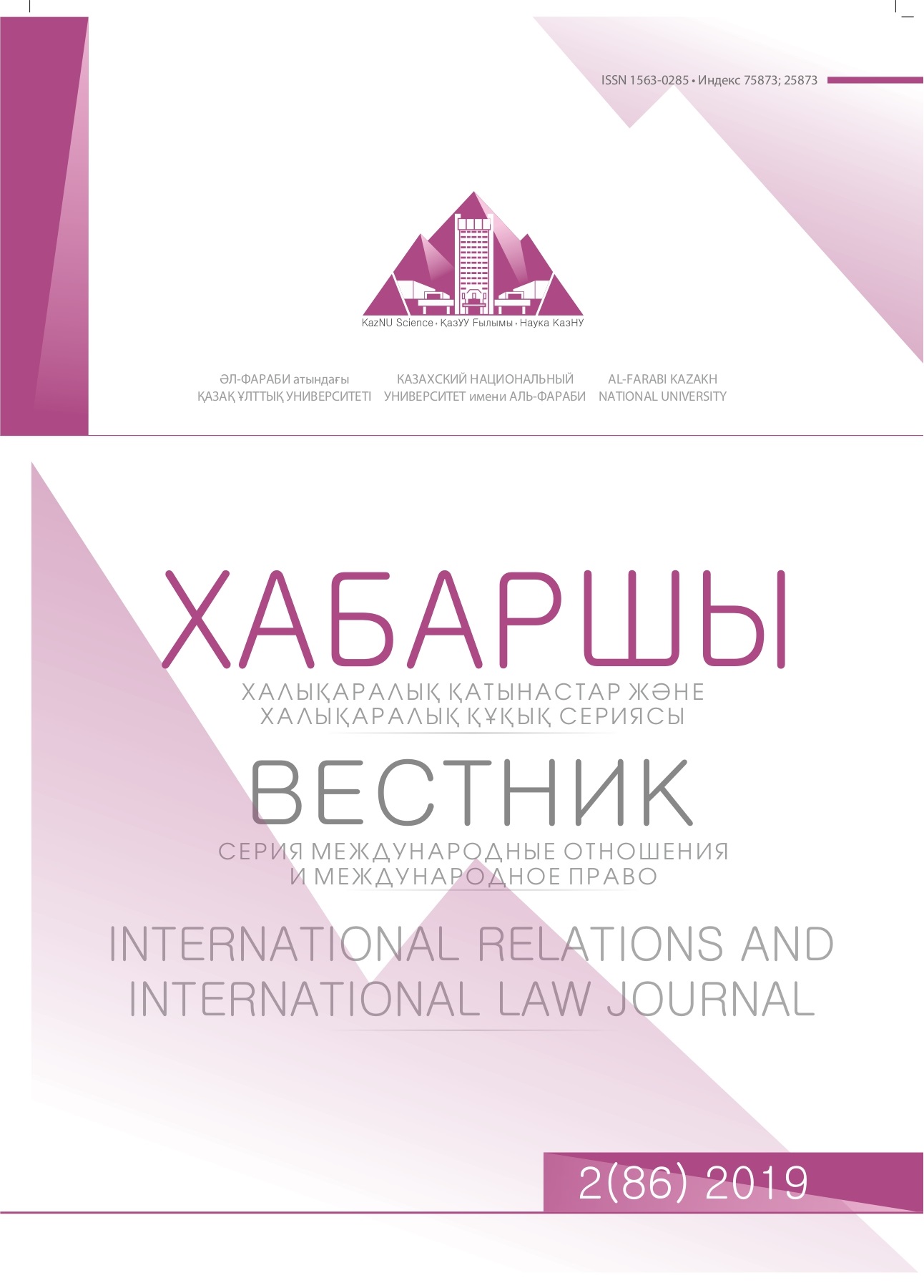Offshore, as a way to optimize tax payments and method of tax evasion from organizations at the international level
DOI:
https://doi.org/10.26577/IRILJ.2019.v86.i2.08Abstract
In today’s challenging political and economic situation, it is especially necessary to analyze the risks of economic security for the Republic of Kazakhstan. One of the most significant threats to economic security of the state is tax evasion, capital outflow, and asset transfers to offshore companies. Offshore schemes allow companies using them not to pay taxes to the budget, often legally, which causes a lack of revenues to budgets of all levels. This problem is of particular relevance due to the fact that these schemes are used exclusively by large businesses that have the possibility of cross-border movement of capital. International companies use offshore zones both for tax evasion and also for capital outflow from the country. The latter is especially relevant for the Republic of Kazakhstan. For tax evasion offshore schemes are somewhat similar to schemes using one-day firms. The problem of using offshore is a global problem. In developed countries, the scheme for the use of offshore companies is as follows: the parent company is located in the metropolis, and subsidiaries (sometimes called «daughter» companues ) and «granddaughter» companies are taken to offshore companies. Through transfer prices, meaning overpricing for resources purchased in offshore companies, as well as work and services, as well as lowering prices for products, works, services that the parent company sells to offshore, all profits are concentrated on offshore companies and thus minimized taxation is achieved.
Key words: offshore, tax, crime, prophylaxy, causes, responsibility, legislation.




